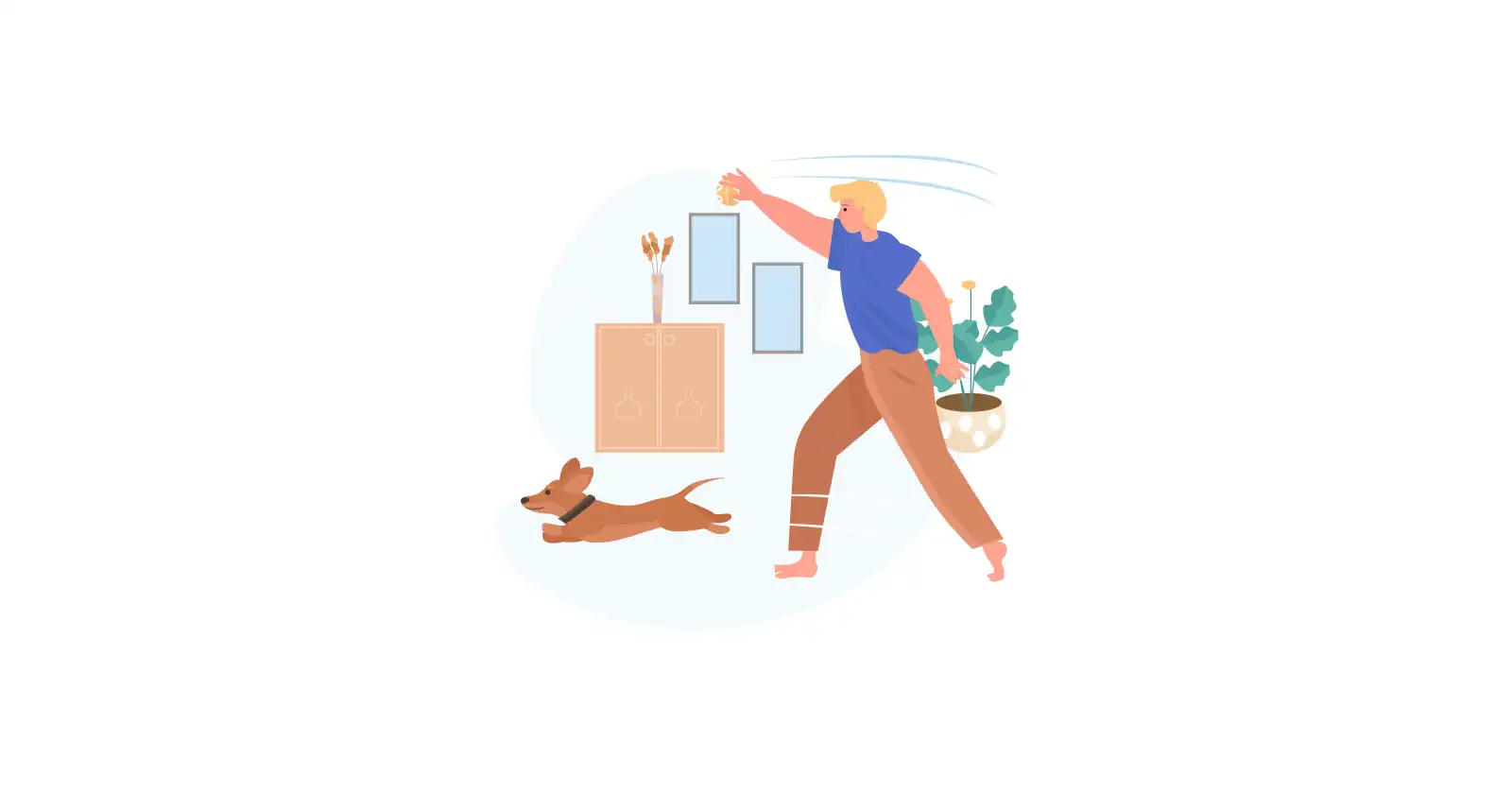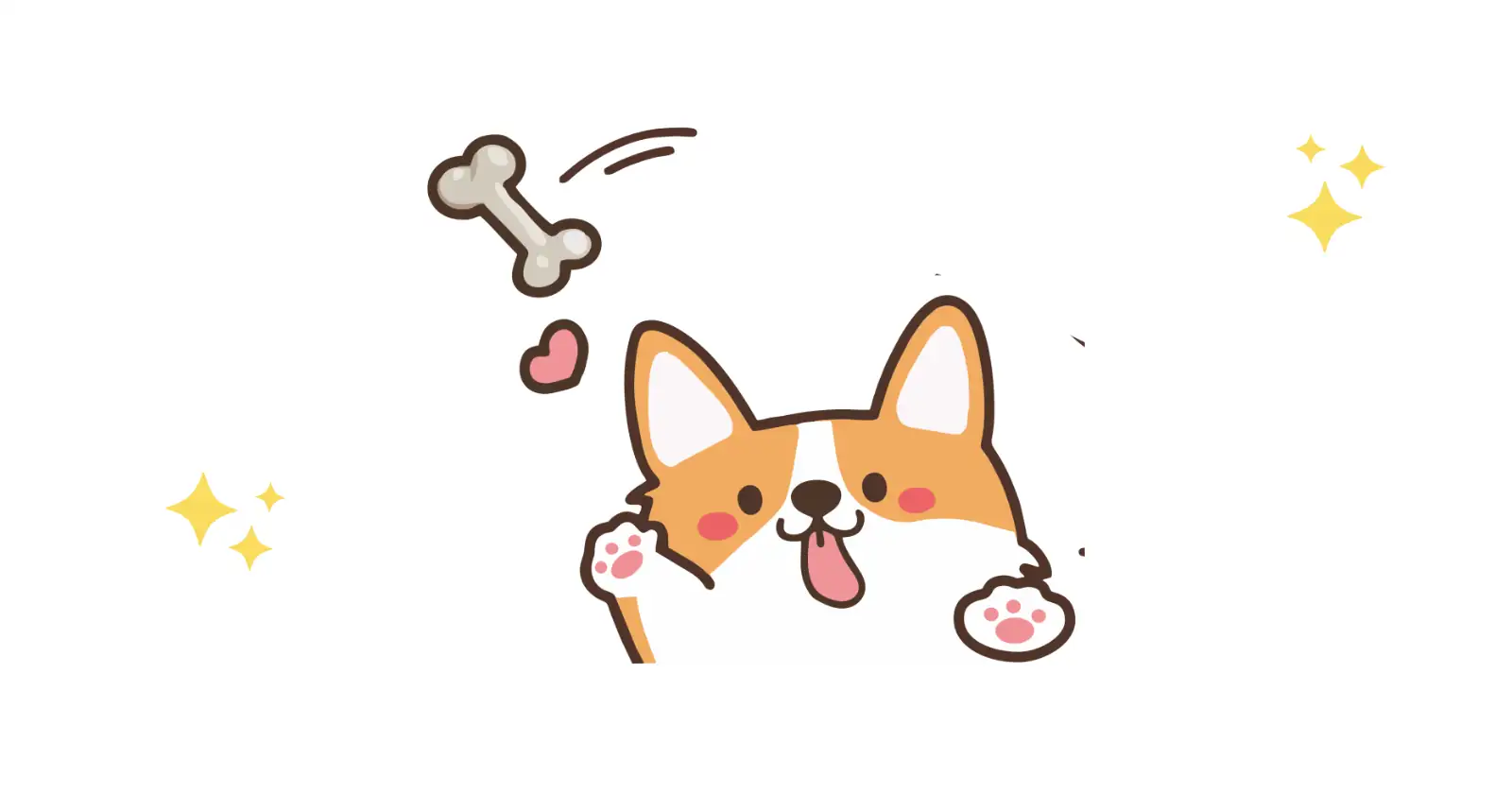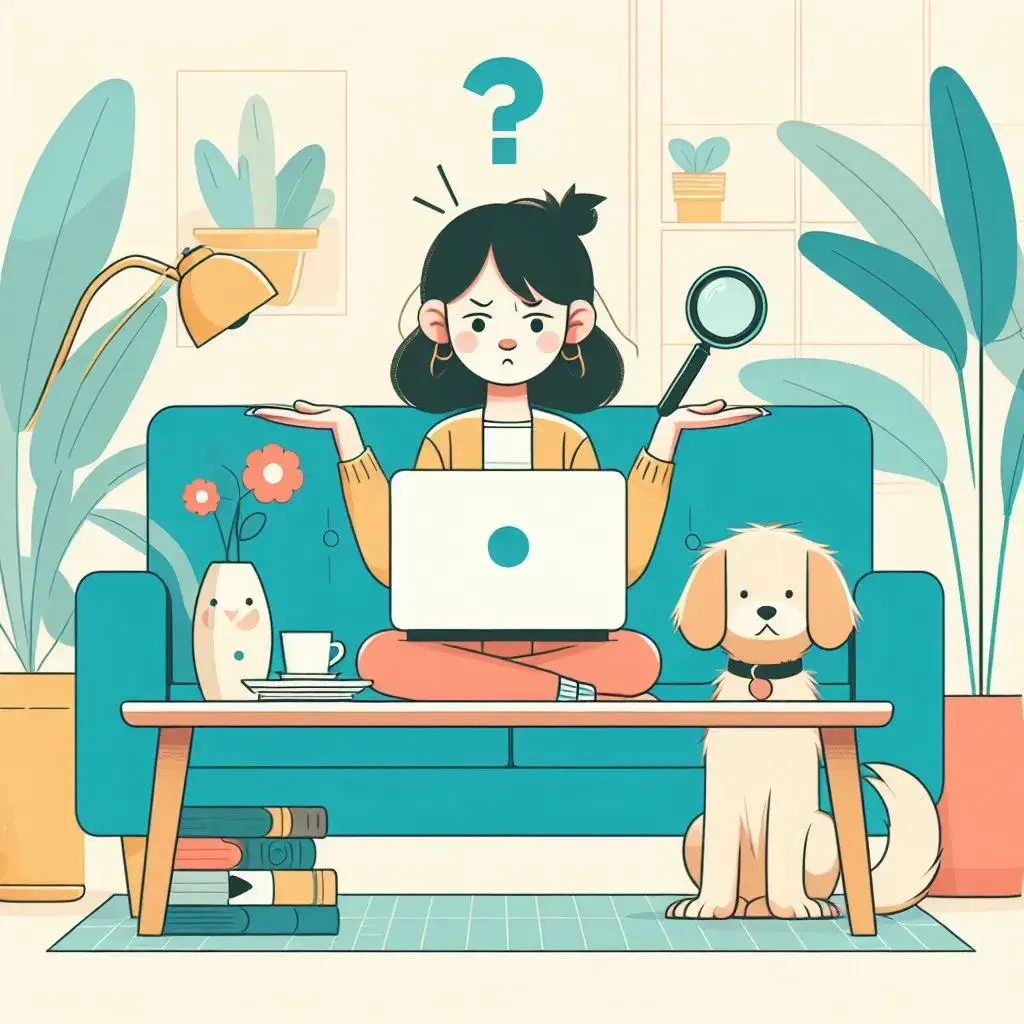Why Do Dogs Steal and Protect Things and How to Prevent It
Have you ever witnessed your furry friend stealing items or fiercely guarding their toys, food, or even a favorite spot? It can be puzzling and sometimes concerning for pet parents. But fear not! In this blog, we'll delve into the world of dog stealing and guarding and provide you with the reasons behind their actions, valuable insights, and effective prevention strategies.
1. Why Do Dogs Steal Things?
Why Does It Happen and What Does It Mean for My Dog?
When your adorable furball makes off with your belongings, it's important to understand the meaning behind their pilfering tendencies. Dogs stealing things can stem from various reasons, including:
- Curiosity and Exploration: Dogs are naturally curious creatures, and objects that pique their interest become irresistible targets for investigation and help them recover their lost identity of Scenthound Holmes.
- Boredom and Lack of Stimulation: Dogs with excess energy and insufficient mental or physical stimulation may resort to stealing as a way to ease their boredom.
- Attention-Seeking: Some pups have learned that grabbing your possessions guarantees attention from their favorite humans, even if it's in the form of scolding.
- Separation Anxiety: Dogs with separation anxiety may resort to stealing objects that carry their owner's scent as a source of comfort in their absence.
Do They Grow Out of It?
The burning question on every pet parent's mind is, "Will my dog outgrow their thieving tendencies?" The good news is that with proper training, patience, and engaging activities, many dogs can overcome their stealing habits as they mature. However, some dogs may require ongoing management and training to discourage stealing behavior effectively.
How Can I Prevent Stealing?
- Provide Adequate Mental and Physical Stimulation: Make sure your furry friend is getting their required exercise time every day. To ensure this, engage your pup with puzzle toys, interactive games, and regular exercise to satisfy their natural instincts and keep them entertained.
- Don’t Reward their Stealing Behavior: Your dog might usually steal things cause they enjoy the attention you give them. So, the safest option is to ignore them till they drop it when they get bored. Avoid picking it up instantly in front of your dog since they will realize that the item is valuable to you. Instead, distract them with a game and remove the item.
- Practice Consistent Reinforcement: At first, you might find that your dog started stealing more when you ignore their behavior. Don’t worry, this is a common reaction for they will be confused. Nevertheless, you have to be patient and stubborn for their stealing tendencies will eventually decline. At the same time, make sure to encourage appropriate behavior by rewarding your dog with praise, treats, and attention when they ignore or leave forbidden objects.
- Barter with the Stolen Item: Exchange the stolen item with a variety of chew toys and interactive toys they enjoy playing with in order to redirect their focus and satisfy their natural urge to chew or hoard.
- Seek Professional Help: Finally, if your dog's stealing behavior persists or becomes a concern, consult a professional dog trainer or behaviorist for personalized guidance and training strategies.
At the same time, make sure NOT to do these things, for they can worsen your dog’s stealing tendencies:
- Punishment: Punishing your dog for stealing can create fear or anxiety, potentially worsening the behavior rather than resolving it.
- Chasing or Yelling: Chasing your dog or engaging in a game of tug-of-war when they've swiped an item may inadvertently reinforce the behavior and turn it into a fun game for them.
- Ignoring the Behavior: Ignoring stealing behavior (not when you are trying to reverse-psychology it) won't make it magically disappear. Address the issue with positive training techniques to guide your dog toward appropriate behavior. If you’re having trouble dealing with it on your own, we highly recommend you equip yourself with a trusty training partner in the form of a dog trainer who can help you formulate strategies based on their rich experience and knowledge.
2. Why Do Dogs Guard Items?
Why Does it Happen and What Does it Mean For My Dog?
To truly understand guarding behaviors, we need to put ourselves in our furry friend's paws. Dogs view possessions differently than we do. They see them as valuable resources that need protection. Guarding is their way of ensuring the safety and availability of these resources. Some reasons why they guard items include:
1. Understanding the instinctual roots:
Dogs have an innate inclination to guard their possessions, and it stems from their ancestral roots. In the wild, resources were scarce, and guarding ensured their survival. This instinct has been passed down through generations, and although our domesticated dogs have a more abundant lifestyle, the guarding behavior still persists.
2. Communication through possession:
For dogs, possessions represent more than just objects; they hold a significant value. Guarding is their way of communicating ownership and boundaries. By displaying possessive behaviors, such as growling or snapping, dogs are sending a clear message that they consider these items theirs and are willing to protect them.
What are the Different Types of Guarding?
- Resource Guarding: Some dogs get a little possessive over their stuff, like toys or food. They might growl or snap to protect their precious possessions.
- Territory Guarding: Ever seen a dog claim their space? They might bark or show aggression when someone invades their "territory," whether it's the yard or their favorite spot on the couch.
- Person Guarding: Dogs can be super protective of their favorite humans. They may get defensive or possessive when someone approaches their special person.
- Animal Guarding: Some dogs don't play well with others, especially other animals. They may show aggression or become protective when encountering other dogs or small critters.
- Object Guarding: Dogs can develop a strange attachment to certain objects, like toys, shoes, or random treasures they find. They might not want anyone touching or taking away their prized possessions.
Remember, a bit of guarding behavior is normal, but if it becomes extreme or aggressive, it's best to seek help from a professional dog trainer or behaviorist. They can guide you in managing and redirecting these behaviors for a happier and safer furry friend.
What Can I Do to Prevent Dogs From Guarding Too Much?
- Provide ample resources: The best way to prevent resource guarding is to provide them ample resources. Make sure they have enough toys, treats, food and beds to go around. This will reduce their need to guard things.
- Start with proper socialization: Expose your dog to different people, animals, and environments from a young age. This helps them feel more comfortable and less inclined to guard.
- Use positive reinforcement training: Reward your dog with treats, head pats or belly rubs for calm and relaxed behavior around their resources. Teach them that sharing and being relaxed is a rewarding experience.
- Trading Games: Avoid forcibly taking away your dog's possessions. Instead, practice trading games, where you exchange one item for another or provide a reward when they willingly let go of something.
- Teach the "drop it" or "leave it" command: Train your dog to willingly let go of objects on command, which can help prevent resource-guarding behaviors.
- Consult a professional: If your dog's guarding behaviors persist or become problematic, seek guidance from a professional dog trainer or behaviorist.
Apart from these strategies, here are things you must make sure NOT to do:
- Punish or scold your dog: Punishment can escalate guarding behavior and create fear or anxiety in your dog, for they don’t understand what they did wrong. Thus, it's important to use positive reinforcement techniques instead for the best results.
- Encourage competition or rivalry: Avoid creating situations that trigger competition or rivalry between dogs or family members. This can intensify guarding behaviors by triggering their ancestral genes.
- Ignore warning signs: Be attentive to your dog's body language and warning signs of guarding behavior. Ignoring or dismissing these signals can lead to more significant issues.
Conclusion:
In conclusion, whether it's your furry friend's light paws snatching your belongings or their guarding instincts kicking into high gear, understanding the underlying reasons behind these behaviors is key. By approaching the situation with patience and positive training techniques, we can prevent our pups from turning into professional thieves or overprotective guardians. Finally, remember that as pet parents, our goal is to create a harmonious and safe environment for our beloved companions, allowing them to thrive and be the lovable, mischievous, and loyal friends they were meant to be.


